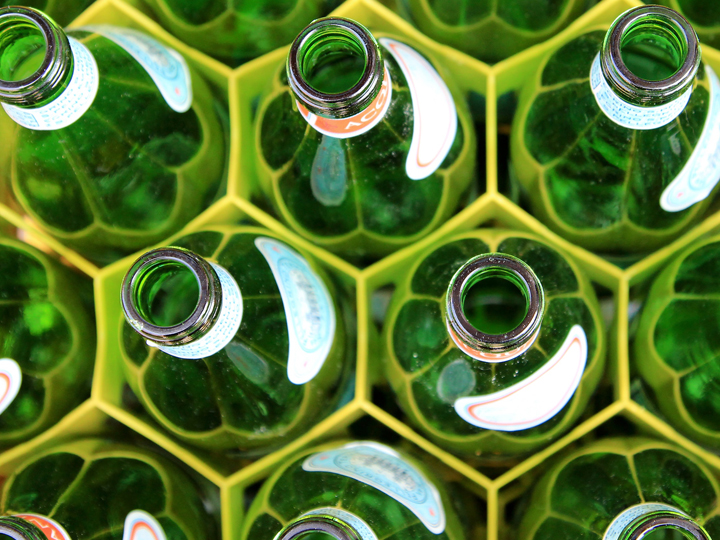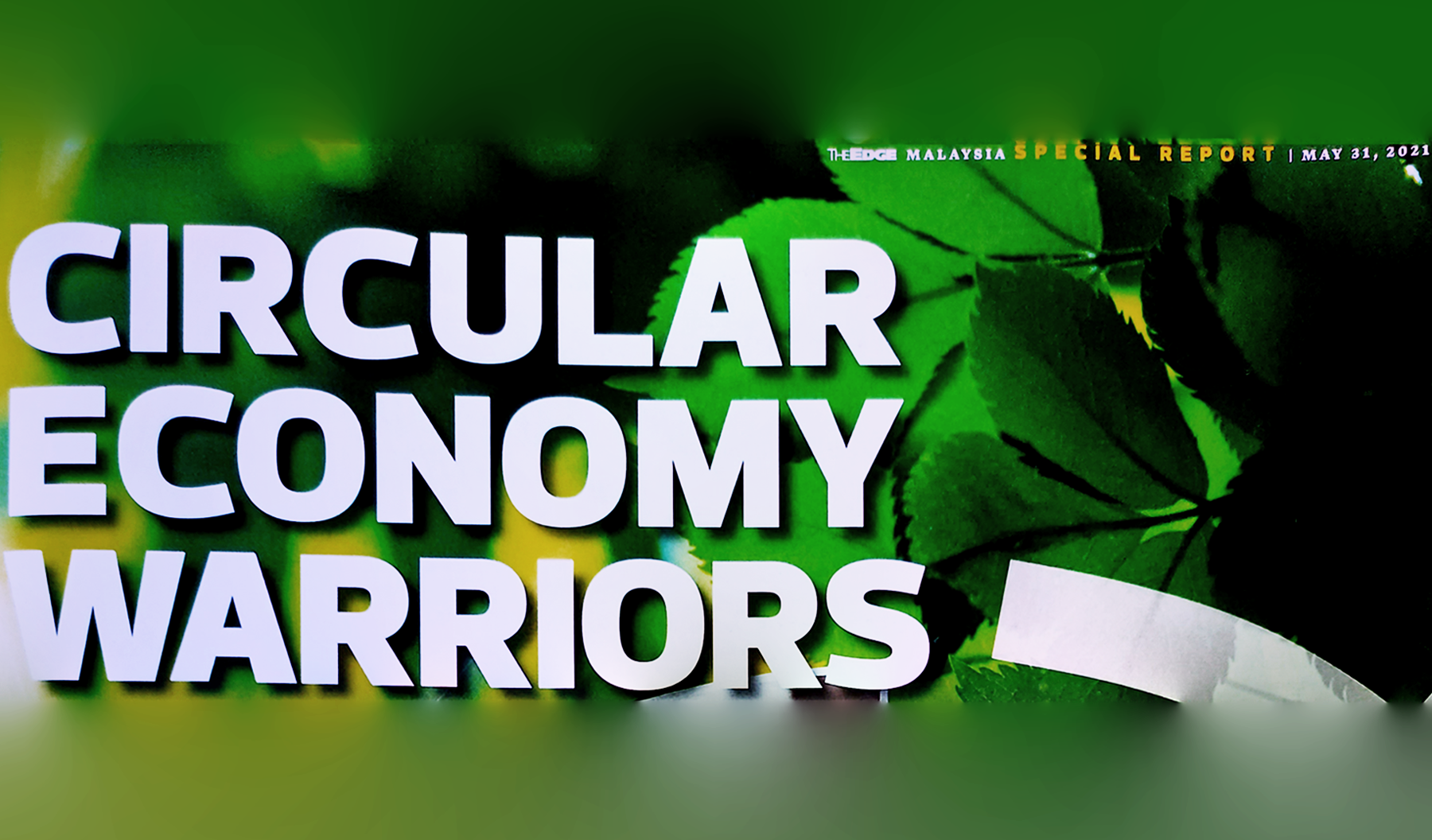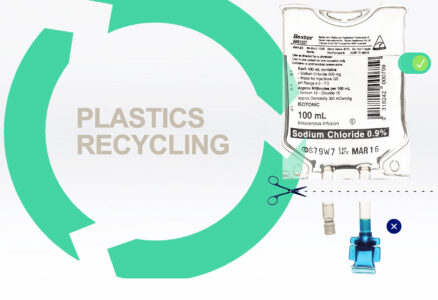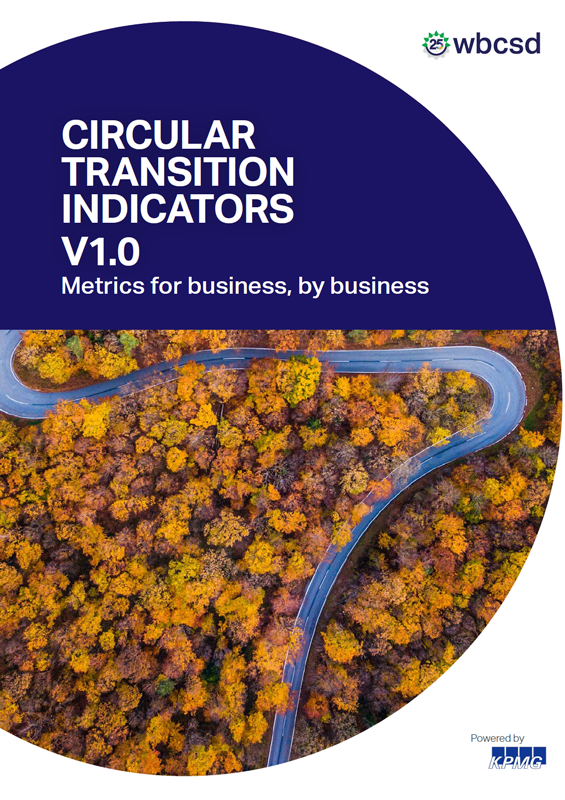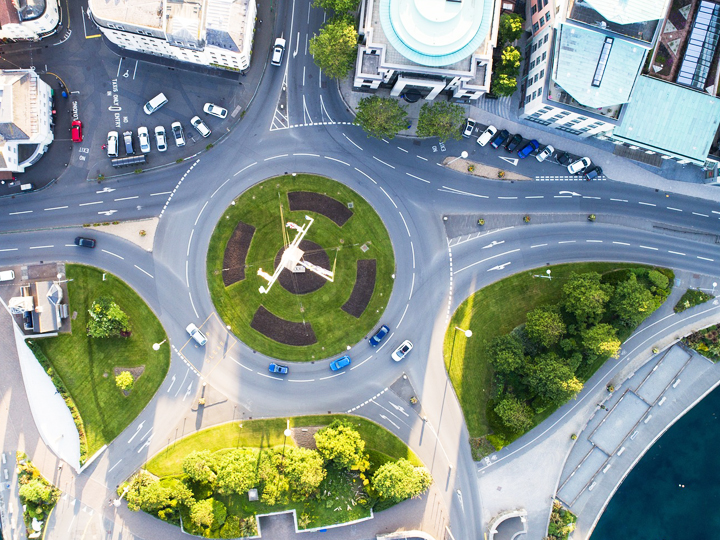The future of business is circular, and there’s no room for waste in it.
Circular Economy is a model of production, consumption, waste management, which involves sharing, leasing, reusing, repairing, refurbishing and recycling existing materials and products as long as possible.
The potential for the circular economy and recycling is huge and Malaysia cannot miss out. To progress towards a circular economy and to develop sustainably while protecting the environment, Malaysia needs to improve the legal framework on the implementation of circular economy; it needs an effective and advanced waste management system for the country; it needs a uniform approach to address single-use plastics in Malaysia.
Transition to circular, sustainable economy opens the way to emerging industries and new jobs with higher added value. Identifying and advancing these opportunities is an important push for change. In fact, it would spur the local economy as new solutions were developed to cope with the problem of waste and limited resources. For example, a great opportunity for Malaysia is presented by the utilisation of palm biomass and its transformation into value-added products such as advanced biofuels, bio-based chemicals, biopolymers and second-generation sugar.
BCSD Malaysia, through its Circular Economy Working Group, offers as a safe pre-competitive space in which the concerned business community and other relevant stakeholders can gather and initiate collaborative projects on circular economy and channel advocacy effort for progressive sustainability policies to the government of Malaysia and other relevant regulatory bodies.
If you wish to know more about the activities of the Circular Economy Working Group please:
